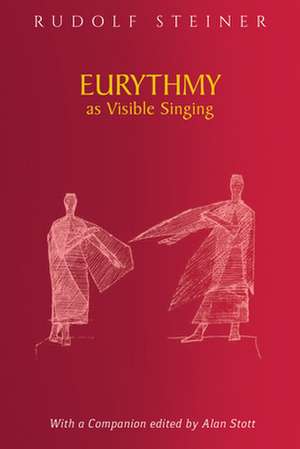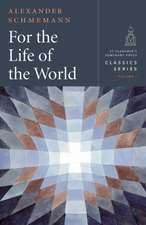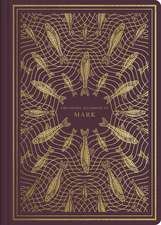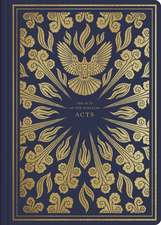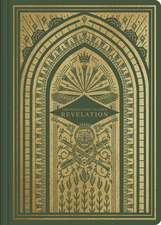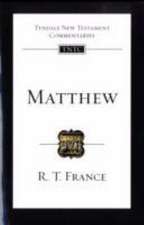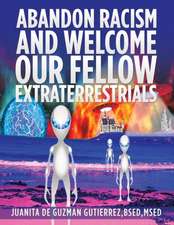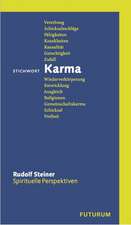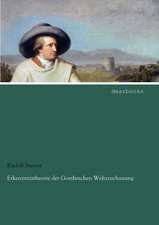Eurythmy as Visible Singing
Autor Rudolf Steiner Traducere de A. Stotten Limba Engleză Paperback – 23 oct 2019
"Fundamentally speaking, music is the human being, and indeed it is from music that we rightly learn how to free ourselves from matter." --Rudolf Steiner
The focus of these eight lectures is the source of movement and gesture in the human being. Movement in musical experience is thus traced back to its origin in the human instrument itself. Like the degrees of the musical scale, Rudolf Steiner leads his select audience of young artists through eight stages, focusing on the living principles of discovery and renewal.
Eurythmy was born in the turbulent decades of the early twentieth century. From an individual question as to whether it was possible to create an art based on meaningful movement, Rudolf Steiner responded with fresh creative possibilities for a renewal of the arts in their totality. The new art of eurythmy was an unexpected gift. Today, music eurythmy, along with its counterpart based on speech, is practiced as an art, taught as a subject in schools, enjoyed as a social activity and applied as a therapy.
This definitive translation of Steiner's original lecture course on eurythmy includes a facsimile, transcription, and translation of the lecturer's notes, together with an introduction and index. The volume is supplemented with an extensive "companion," featuring full commentary and notes compiled by Alan Stott, as well as a translation of Josef Matthias Hauer's Interpreting Melos.
Preț: 184.71 lei
Nou
Puncte Express: 277
Preț estimativ în valută:
35.35€ • 37.80$ • 29.47£
35.35€ • 37.80$ • 29.47£
Carte disponibilă
Livrare economică 28 martie-11 aprilie
Livrare express 13-19 martie pentru 45.57 lei
Preluare comenzi: 021 569.72.76
Specificații
ISBN-13: 9781855845671
ISBN-10: 1855845679
Pagini: 534
Dimensiuni: 154 x 233 x 32 mm
Greutate: 0.81 kg
Editura: Rudolf Steiner Press
ISBN-10: 1855845679
Pagini: 534
Dimensiuni: 154 x 233 x 32 mm
Greutate: 0.81 kg
Editura: Rudolf Steiner Press
Notă biografică
Rudolf Steiner (1861-1925) was born in the small village of Kraljevec, Austro-Hungarian Empire (now in Croatia), where he grew up. As a young man, he lived in Weimar and Berlin, where he became a well-published scientific, literary, and philosophical scholar, known especially for his work with Goethe's scientific writings. At the beginning of the twentieth century, he began to develop his early philosophical principles into an approach to systematic research into psychological and spiritual phenomena. Formally beginning his spiritual teaching career under the auspices of the Theosophical Society, Steiner came to use the term Anthroposophy (and spiritual science) for his philosophy, spiritual research, and findings. The influence of Steiner's multifaceted genius has led to innovative and holistic approaches in medicine, various therapies, philosophy, religious renewal, Waldorf education, education for special needs, threefold economics, biodynamic agriculture, Goethean science, architecture, and the arts of drama, speech, and eurythmy. In 1924, Rudolf Steiner founded the General Anthroposophical Society, which today has branches throughout the world. He died in Dornach, Switzerland.
Descriere
The focus of these eight lectures is the source of movement and gesture in the human being. The movement in musical experience is thus traced back to its origin in the human instrument itself. Like the degrees of the musical scale...
